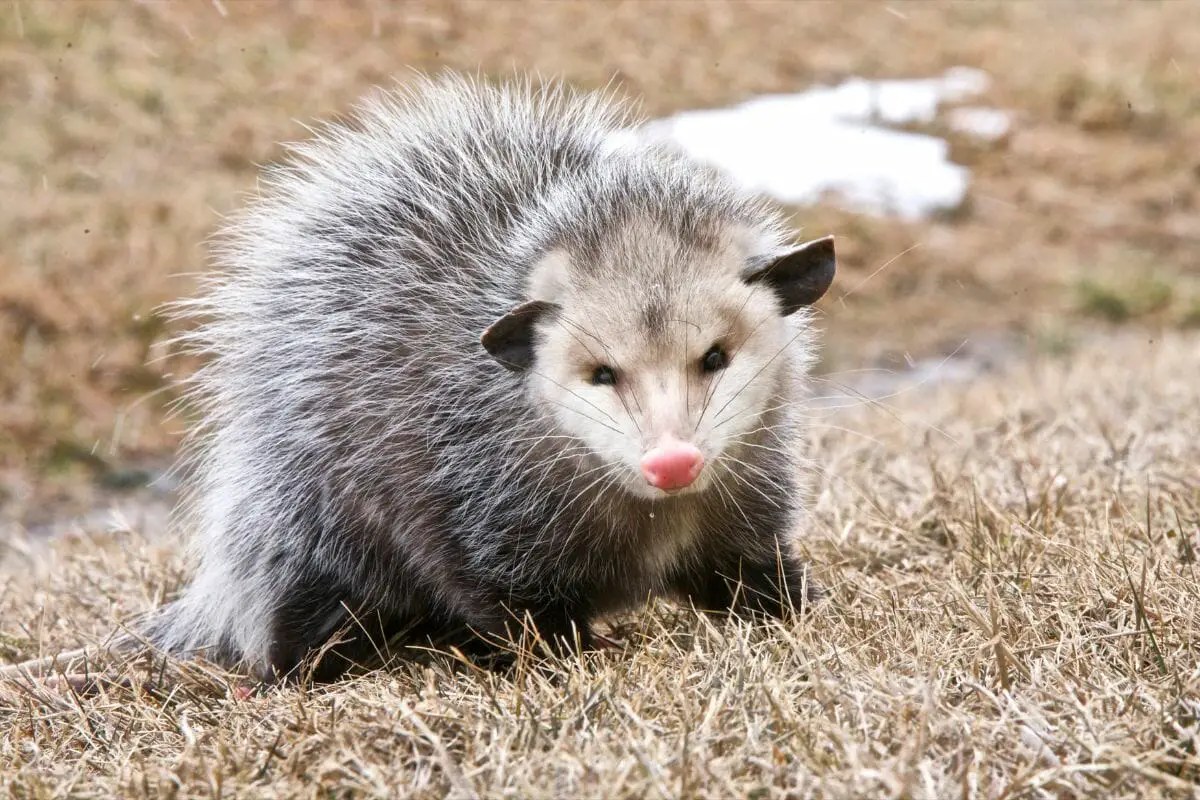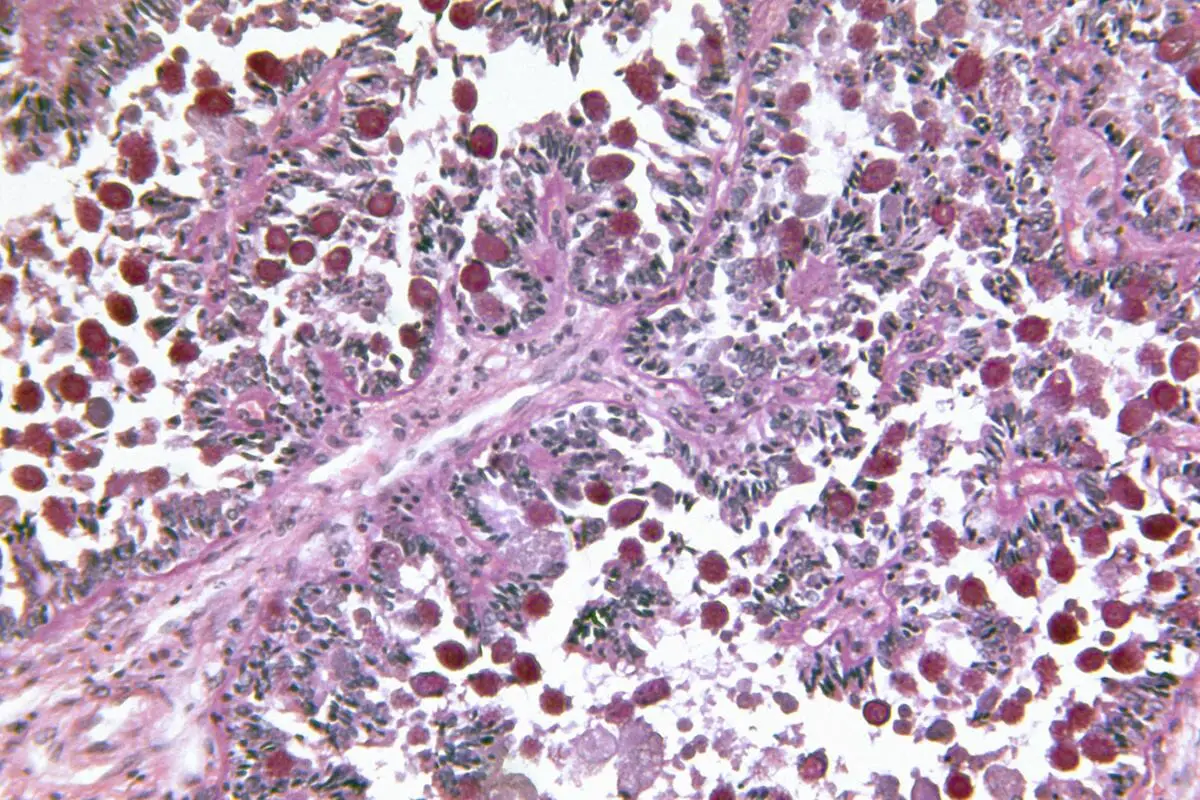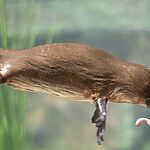Opossums are widely considered to be a gentle and easily startled creature – characterized in media by their penchant for eating garbage, and their tendency to faint, or ‘play possum’, when threatened by predators.

They also have a reputation for being somewhat unclean and prone to germs. But is this actually true, and if so, what diseases do they carry?
Are Opossums Disease Carriers?
Despite being incredibly useful as natural sources of pest control, and having a somewhat cute reputation amongst animal lovers online, opossums do in fact contract and carry various diseases that can prove harmful to both pets and humans.
As such, due care should be taken when coming into contact with wild opossums, especially if you do not have the proper training and know how.
What Diseases Do They Carry?
They actually carry numerous diseases, either in the form of germs or pathogens, and are often strong enough to prove dangerous to humans and large animals alike.
Leptospirosis
Leptospirosis is a zoonotic disease, which means it is equally dangerous for multiple creatures across the zoological scale – including humans.
This disease is spreaded by a pathogen, and comes in various stages – each of which vary in terms of severity.
The first symptoms generally consist of fever, muscle aches, chills, and a headache – although other symptoms in humans can include stomach pain, jaundice, rashes, and red eyes.
If left to proceed to the second stage, this can even cause kidney damage, liver failure, or respiratory distress – all of which can prove fatal if not treated.
Tularemia
This disease is also caused by bacterial pathogens, and can also be found in rabbits, hares, and some species of rodents.
This is highly transmissible, and can be contracted by simply handling an infected opossum(see also: How Many Teeth Do Opossums Have?). This is also known as ‘rabbit fever’, and symptoms generally consist of fever, skin ulcers, and enlarged lymph nodes.
This can also proceed to more serious symptoms, such as pneumonia and throat infections.
Tuberculosis
More well known than other diseases on this list, tuberculosis is the deterioration of the tissue of the lungs, caused by harmful bacterial infections.
Symptoms usually present themselves in a prolonged cough, coughing up blood (in serious cases), night sweats, weight loss, and mucus build ups.
There are two kinds of tuberculosis – the active tuberculosis (as described previously), and latent tuberculosis, which is generally symptomless and benign.
Spotted Fever
Spotted fever is a tick-borne disease which manifests itself as skin lesions, but which can proceed to more serious illnesses.
Similar conditions include the bubonic plague, and typhus, both of which are unrelated to spotted fever but which share the same transmission method and clinical classification (rickettsia).
Chagas Disease
This infectious disease is caused by a parasite known as the trypanosoma cruzi – found in the feces of the triatomine bug.
Symptoms include a fever and swelling of the eyelids, but the disease can progress to a chronic phase, wherein heart disease, heart failure, enlarged colon, and enlarged esophagus can occur.

Coccidiosis
Coccidiosis is a parasitic infection of the intestinal tract, often spread between animals after exposure and ingestion of infected material.
This disease is usually species specific, meaning they do not usually pass between the species, but symptoms can include bloody diarrhea and stomach problems.
Do Opossums Cause Other Problems?
While not environmentally dangerous, they are opportunistic scavengers, not to mention resourceful, which has garnered them a reputation as a pest within urban areas.
They are known to overturn trash cans, chicken coops, ransack bird feeders, tear ductwork, and damaging insulation in housing and barns.
Are They A Threat To Cats & Dogs?
Many people worry about their pets being exposed to opossums (Also check out How To Attract Opossums), especially when you consider their proneness to disease.
However, they are not aggressive by nature, and often will not bother domesticated pets, or indeed other mammals, unless they are cornered, desperate, or competing for food.
Do Opossums Live In Or Near Houses?
As mentioned, they are intelligent and opportunistic, traits that don’t limit themselves to hunting and eating.
Opossums have been known to enter the crawl spaces of homes, or form burrows inside the warm, cozy insulation found in houses and outbuildings.
In the wild, they generally live in wooded areas with a close proximity to water.
However, their distinct versatility and adaptive natures have meant that, as humans have expanded into more urban areas, the opossums have rolled with the changes, making the most out of their new city environments.
This unfortunately means that, especially in rural areas, it is not unusual to discover a furry stowaway or two hidden in the cozier places of your home and property.
Why Are People Afraid Of Them?
People are generally afraid of things they do not understand – and the opossum has an air of mystique that can prove unsettling to some.
They are nocturnal creatures, with patchy fur, sharp teeth, and wide mouths – and what’s more, their scavenger lifestyle draws associations with rats and mice, which are sources of fear for many.
What Benefits Do Opossums Have?
As with most animals, opossums play an important role in their ecosystem.
This manifests itself in many ways, including eating harmful, lyme disease carrying ticks, the management of rodent populations, the disposal of dangerous reptiles, and the disposal of carrion in suburban areas.
Most notably of all, opossums are scavenger animals, who are widely responsible for culling overactive species of rodents and common pests – such as mice, rats, cockroaches, and snakes.
Final Thoughts
And there we have it, everything you need to know about opossums, and the diseases that they are prone to carrying.
Despite being placid, shy creatures, opossums can pose many problems to both humans and domesticated pets, meaning that they should always be handled with care.
Better still, always contact a professional animal control warden, as they are trained and equipped to handle things safely and simply.
- What Should I Do If A Koala Bites Me? Safety Guide - 2024-05-30
- Are Kangaroos Born Without Hind Legs? A Fascinating Journey - 2024-05-30
- Animals That Look Like Squirrels - 2024-05-30









